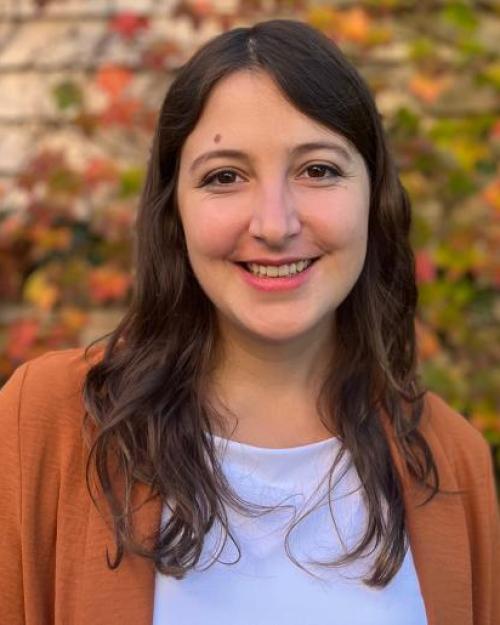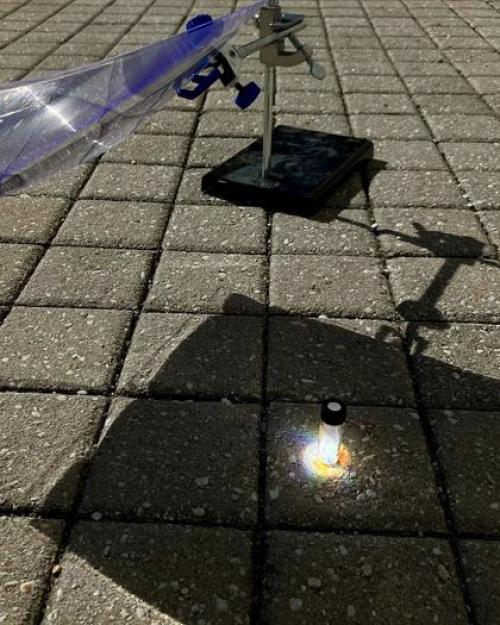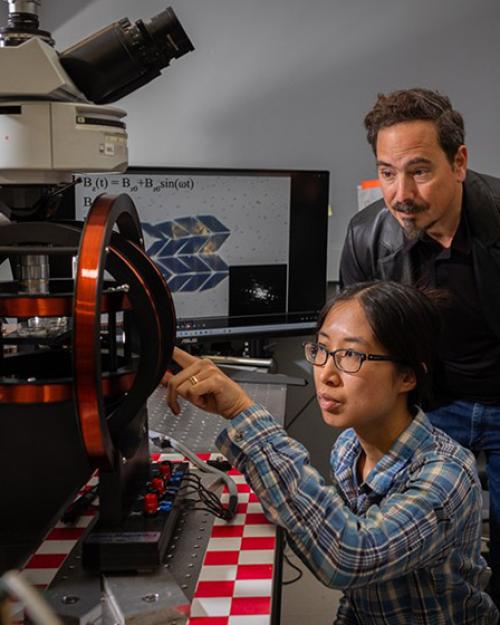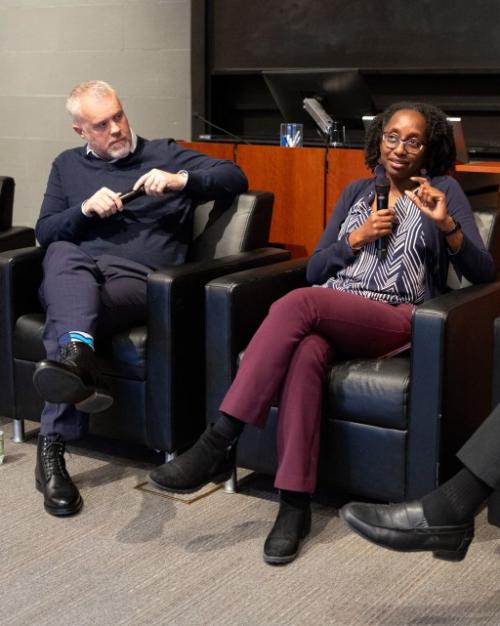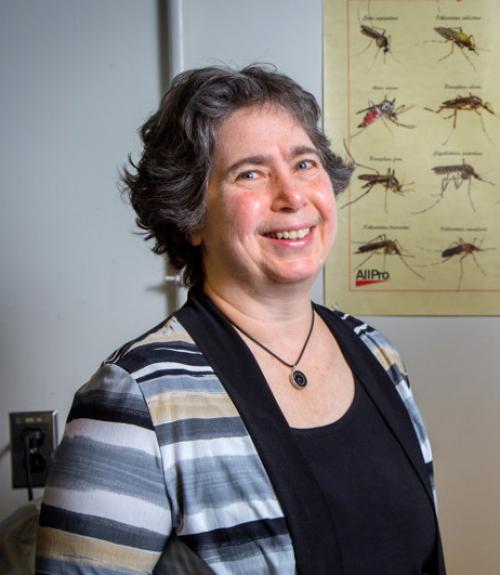Mariana Wolfner ‘74, Goldwin Smith Professor of Molecular Biology and Genetics and Stephen H. Weiss Presidential Fellow, has been awarded the 2018 Genetics Society of America Medal for her work on reproduction. The Genetics Society of America (GSA) awards the medal to investigators who have made substantial advances in genetics in the past 15 years. The prize will be presented at the 59th Annual Drosophila Research Conference, April 11th–15th in Philadelphia.
Wolfner and her colleagues have identified proteins in the seminal fluid of fruit flies that are transmitted to female flies during mating, manipulating the females’ physiology and behavior. This work has had important implications for our understanding of evolution and sexual conflict as well as the regulation of reproduction in all animals.
“Dr. Wolfner exemplifies how a single investigator, through creative thinking and ingenious experimental design, can virtually single-handedly develop an entirely new and original field in genetics,” said Robert Anholt, a member of the GSA and the William Neal Reynolds Professor of Biological Sciences at North Carolina State University.
The approximately 200 known seminal proteins in fruit flies include some of the fastest-evolving fly proteins. Some of these proteins trigger changes in female flies, causing them to greatly increase their rate of egg laying, decreasing the likelihood they will mate again, inducing them to store the male’s sperm, and altering their feeding and resting behaviors. While individual male flies may benefit from these changes, females can pay the price of an earlier death—a major tradeoff for the species as a whole. These findings highlight the intense reproductive competition among males and have proven a research goldmine for scientists studying evolution, with Wolfner’s group at the forefront.
“Mariana is widely recognized as the international expert on these proteins,” said Andrew Clark, Jacob Gould Schurman Professor of Molecular Biology and Genetics.
Wolfner’s lab is now working to reveal how seminal proteins work at the molecular level, including collaborating with Cornell’s Laura Harrington, Professor of Entomology, on analogous studies of mosquitoes that transmit dengue and Zika viruses. The group’s other ongoing projects include an effort to understand how eggs are triggered to develop into embryos.
The group’s other ongoing projects include an effort to understand how eggs are triggered to develop into embryos. In most animals, the egg-activation process depends on fertilization by sperm, but a quirk of fruit fly biology makes it an ideal model for studying this highly conserved process. In the fly, egg activation is uncoupled from fertilization, allowing the Wolfner lab to deconstruct the molecular events that initiate embryonic development.
As an undergraduate in the College of Arts and Sciences, Wolfner was a College Scholar majoring in Biology and Chemistry. She received her PhD from Stanford University in Biochemistry in 1981, did postdoctoral work at UC San Diego, and has been a faculty member at Cornell since 1983. She is a Fellow of the American Academy of the Advancement of Science and received the 2017 Recognition Award in Physiology, Biochemistry, and Toxicology from the Entomological Society of America.
At Cornell, she has received multiple awards for teaching and advising, including the Robert A. and Donna B. Paul Award, Stephen and Margery Russell Award and the 2012 Kendall S. Carpenter Memorial Advising Award.
